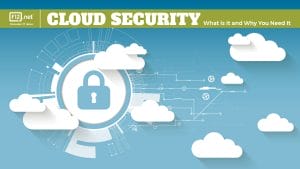
Cloud computing has facilitated work for many businesses large and small the world over. Unfortunately, it also creates a vulnerability to hackers for those who use it. Over 7,000 vulnerabilities, in fact. Most of those 7,000 vulnerabilities will never be exploited thanks to cloud security. Intrigued? Let’s look at some quick FAQs about cloud computing and security.
What is Cloud Security and why is it required?
The nebulous idea of storing data in the cloud is still intimidating to many people and businesses. It seems too easy for hackers to access that data.
However, cloud security is a set of safeguards and technology protection that ensures that this won’t happen. Firewalls are a big part of cloud security measures as well as powerful software operating as Software-as-a-Service (SaaS) in the cloud that handles threat prevention, detection, and mitigation.
Without it, your data could be exposed to malware, ransomware, and other types of malicious software.
What are the benefits of cloud security?
In addition to keeping data secure, cloud security can minimize the risk of a distributed denial of service (DDoS) attack and keep your systems in compliance with current regulations.
A cloud computing security company offers scalability as the needs of your company change. Plus you have instant access to support as needed.
What are the security risks of cloud computing?
The main risks that companies face by using cloud computing are data breaches, malware, and identity theft. Secondary risks include compliance violations, losing customer trust, and losing a lot of money in both expenses related to the cleanup and revenue loss.
What is hybrid cloud security?
A hybrid cloud allows businesses a higher level of control over their data exposure. They can pick and choose what types of data will go to the cloud, keeping their most sensitive data more private. Yet, businesses can still take advantage of the convenience of the cloud for other, less sensitive data.
What is cloud security control?
Cloud security controls are the specific controls that cloud security companies use to protect data. They fall into four major categories.
- Deterrent controls serve to warn potential hackers
- Preventative controls are put in place to manage cloud vulnerabilities
- Detective controls identify attacks
- Corrective controls mitigate the effects and help clean up after an attack
Business owners can use these controls to evaluate the overall strength and security of a particular cloud solution.
What’s the difference between the public cloud and a private cloud?
The public cloud is run by a cloud solutions provider. The big ones are Office 365, Microsoft Azure, and AWS. Businesses don’t have to worry about maintaining secure data centers and the provider is in charge of security. While other entities are part of the public cloud, each entity’s data is stored separately to minimize risk. Even so, breaches of public clouds are rare.
Larger companies who have the resources may wish to set up a private cloud on their own intranet or hosted data center. This involves having and maintaining their own data centers, which is not only expensive to set up but also to maintain.
A cheaper option is to set up a private cloud with a company like F12.net. Your data will be safely stored on our secure servers and we’ll handle the maintenance and security, yet your data won’t be mixed up in the public cloud.
Book a consultation with us today to learn about our cloud security solutions and what’s right for you!
F12 serves clients with Cloud Services across Canada
- British Columbia
- Alberta
- Ontario



